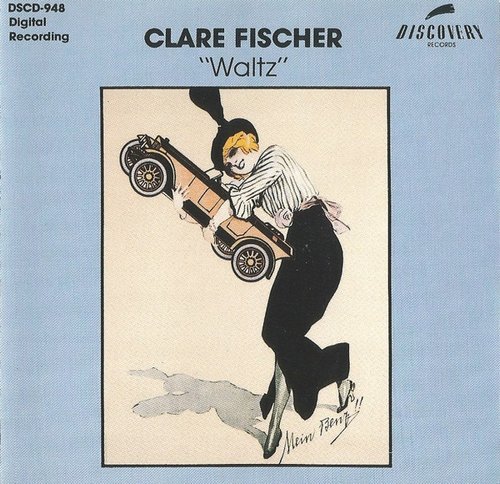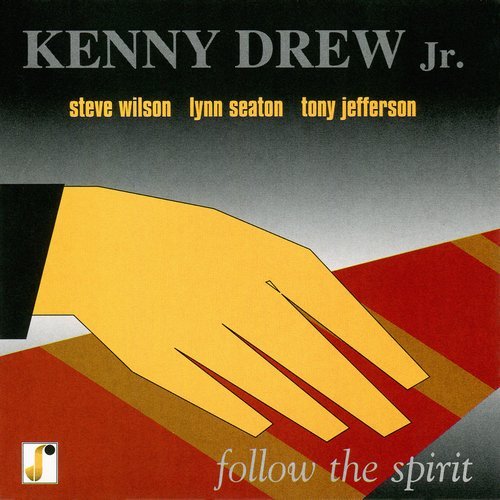Materia Gris - Ohperra vida de Beto (Reissue) (1972/2005)
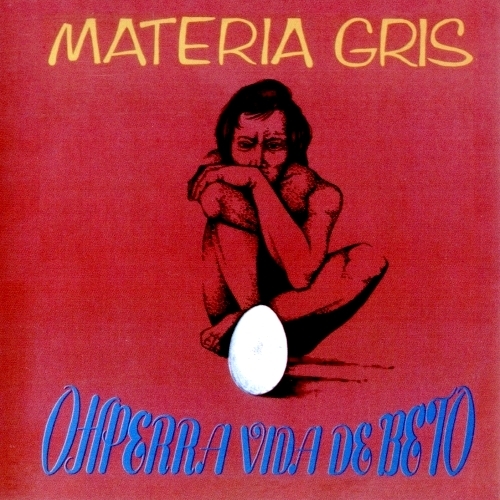
Artist: Materia Gris
Title: Ohperra vida de Beto
Year Of Release: 1972/2005
Label: Mardel-X
Genre: Psychedelic Rock, Prog Rock, Rock Opera
Quality: Flac (tracks, .cue, log)
Total Time: 47:35
Total Size: 276 Mb (scans)
WebSite: Album Preview
Title: Ohperra vida de Beto
Year Of Release: 1972/2005
Label: Mardel-X
Genre: Psychedelic Rock, Prog Rock, Rock Opera
Quality: Flac (tracks, .cue, log)
Total Time: 47:35
Total Size: 276 Mb (scans)
WebSite: Album Preview
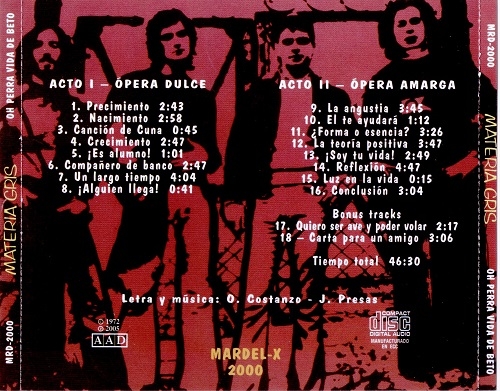
Tracklist:
Acto I - Opera Dulce:
1. Predicamento
2. Nacimiento
3. Cancion De Cuna
4. Crecimiento
5. ¡Es Alumno!
6. Compañero De Banco
7. Un Largo Tiempo
8. ¡Alguien Llega
Acto II - Opera Amarga:
9. La Angustia
10. El Te Ayudara
11. ¿Forma O Esencia?
12. La Teoria Positiva
13. ¡Soy Tu Vida!
14. Reflexion
15. Luz En La Vida
16. Conclusion
Bonus Tracks:
17. Quiero Ser Ave Y Poder Volar
18. Carta Per Un Amigo
Julio Presas - guitar, bass, percussion, vocals
Eduardo Rapetti - guitar, vocals
Omar Constanzo - bajo, vocals
Carlos Cutaia - keyboards
Carlos Riganti - drums, percussion
Argentine band Materia Gris decided to make their sole album a rock opera about a man called Beto. Issued in 1972, it was a melodic, progressive affair, split into two halves – ‘Sweet Opera’ and ‘Bitter Opera’, and actually works quite well. The lyrics are in Spanish, but the music carries the album along so that you can enjoy it even without understanding the concept. The songs are a mixture of three minute vocal tracks interspersed with shorter linking pieces, but all of them are performed with gusto and although the overall feel of the album is vaguely melancholic, you can suddenly be surprised but a ripping fuzz guitar solo as in ‘Nacimiento’. Full use is made of additional instruments, with flute, glockenspiels and oboes all making an appearance along the way, and harmony vocals abound on most tracks. Being a rock opera the music is a bit more progressive than if this was just a collection of pop songs, and so ‘Crecimiento’ has some jagged time signatures, while ‘La Teoria Positiva’ has a Bo Diddley rhythm underpinning the heaviest track on here, although ‘Reflexion’ runs it a close second. Despite the fact that this is an excellent album the sales were disappointing, and the band split shortly after its release. Luckily it has just been re-issued so that we can hear one of the better Latin American progressive albums.
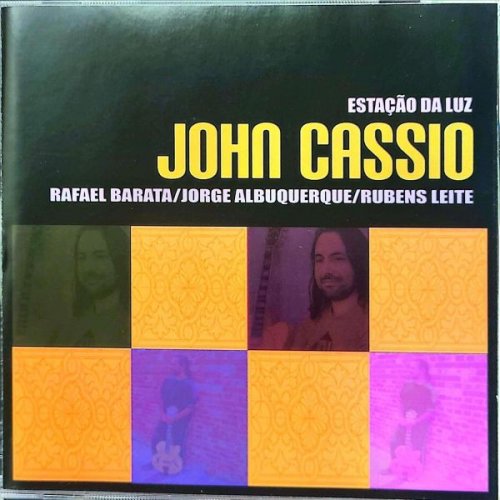
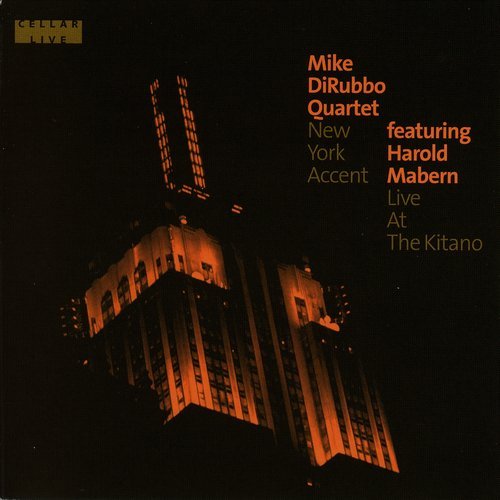

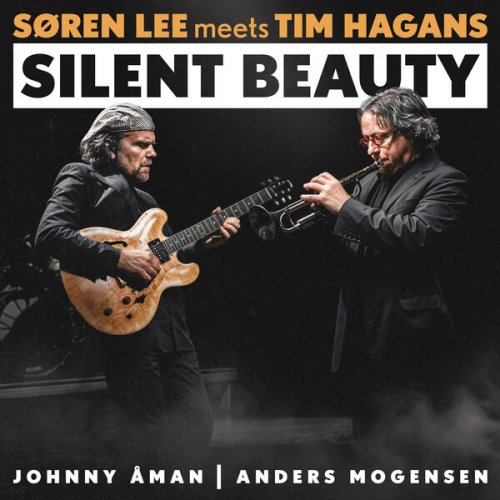
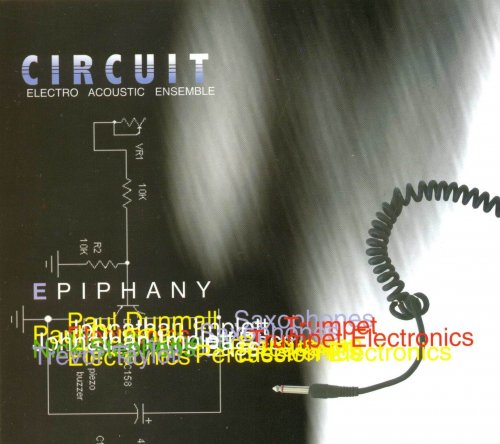

![Tiziano Tononi, Daniele Cavallanti & Nexus - Open Mouth Blues (Remastered) (2026) [Hi-Res] Tiziano Tononi, Daniele Cavallanti & Nexus - Open Mouth Blues (Remastered) (2026) [Hi-Res]](https://www.dibpic.com/uploads/posts/2026-02/1771515311_cover.jpg)
